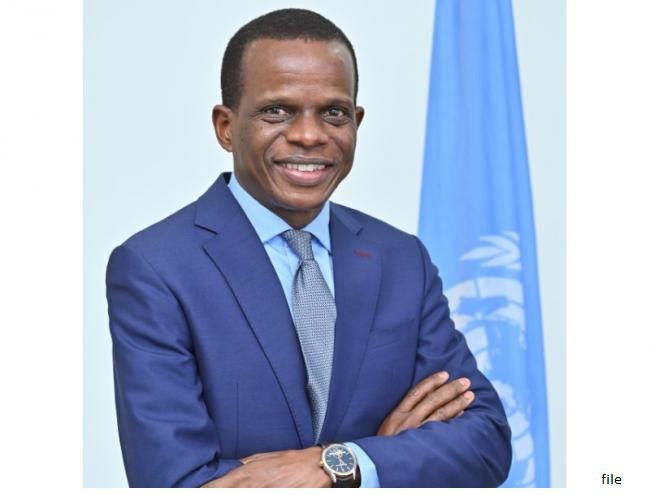SDGs' Current Pace of Progress Insufficient to Achieve set Targets by 2030 - ENA English
SDGs' Current Pace of Progress Insufficient to Achieve set Targets by 2030

Addis Ababa, April 23/2024 (ENA) Africa is making progress in 12 of the 17 Sustainable Development Goals (SDGs), but the current pace of progress is insufficient to achieve the goals by 2030, according to an experts report on the progress on Africa Sustainable Development.
The report launched ahead of the 10th Session of the Africa Regional Forum on Sustainable Development in Addis Ababa, Ethiopia indicates that progress on the SDG agendas varies across sub-regions.
The report was produced by a team of experts convened by the United Nations Economic Commission for Africa (ECA), in collaboration with African Union Commission, the United Nations Development Programme Regional Bureau for Africa (UNDP-RBA), and the African Development Bank (AfDB).
On the occasion, the Deputy Executive Secretary for Programme Support at the ECA, Antonio Pedro underlined the lack of robust data as a major hurdle in tracking progress accurately. Improving data systems to effectively monitor and achieve the SDGs is essential, he stressed.
“Addressing wide-ranging challenges—including social, political, environmental, and economic—is essential; specific focus areas like women's empowerment, peacebuilding, and security need targeted attention,” said Pedro, stressing the need to take advantage of technological advances, including artificial intelligence, to target interventions and achieve the SDGs with greater efficiency.
He said there is need to foster domestic resource mobilization through evolving a better and innovative tax system. Countries need to improve institutional governance, strengthen data collection, analysis and reporting and devise better strategies for debt restructuring.
Africa still accounts for over half (54.8 Percent) of global poverty. Particular attention therefore needs to be paid to addressing child poverty – the number of children living in extremely poor households, as about 7 out of 10 poor children live in Africa. In addition, lack of access to clean water, sanitation, energy, health, and education services coupled with inequality, infrastructure gaps, climate change, ethnic conflicts and limited employment opportunities are among the key drivers of poverty in Africa.
On climate financing, the progress report shows the high climate financing gap in Africa. A large chunk of these resources emanates from public sector compared to private sector climate financing.
“Issues of policies on carbon market, debt for climate swaps, and carbon tax on natural resources, as well as the establishment of national sustainable financial framework for climate change should be addressed,” says the report.
The surge in debt across African countries is impeding Africa’s development, as debt servicing costs crowd out resources for social spending.
There has also been limited donor support for capacity building; on average, African countries spend a trivial 0.5 percent of GDP on science, technology, and innovation.
To bridge the gap and ensure that the continent achieves the SDG goals by 2030, the report recommends investing in data and capacity, integrating different data sources, developing new and alternate indicators, identifying new partners with tools and solutions such as the private sector, NGOs/CSO and academia.